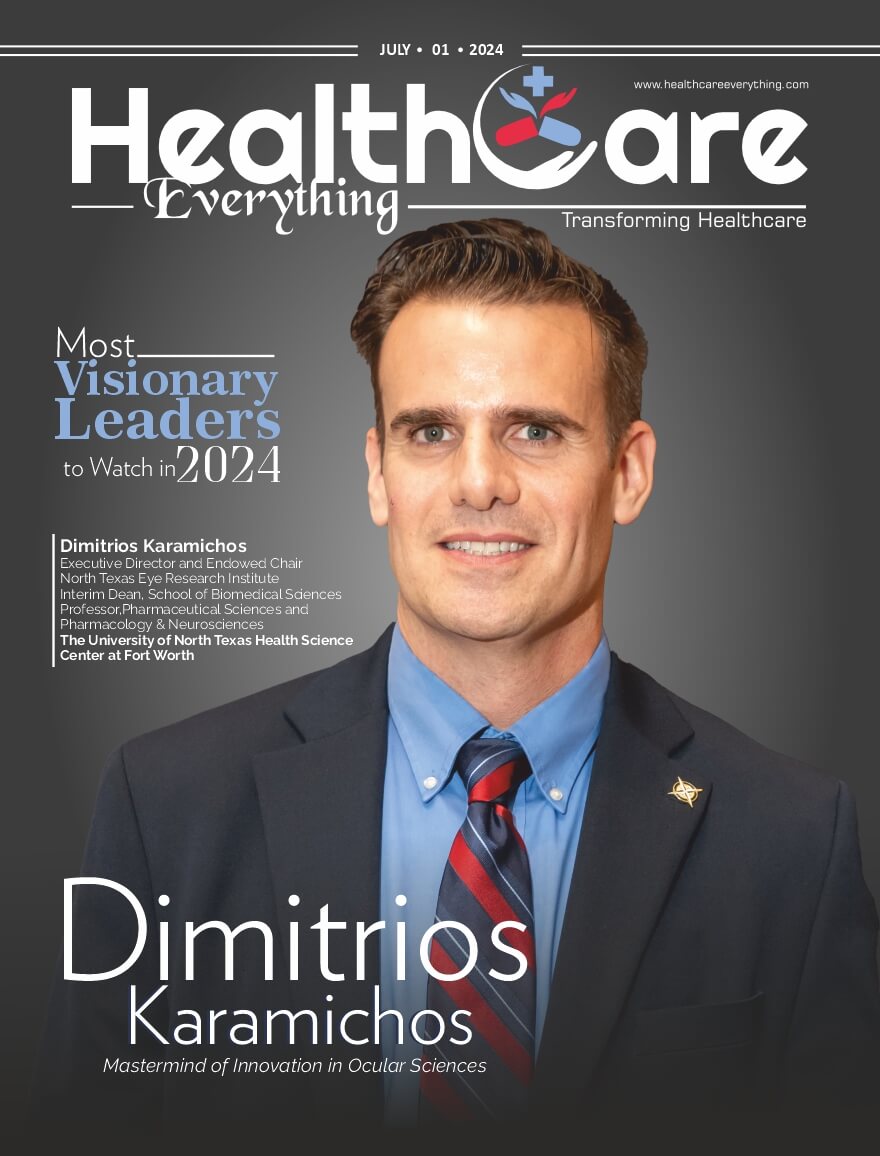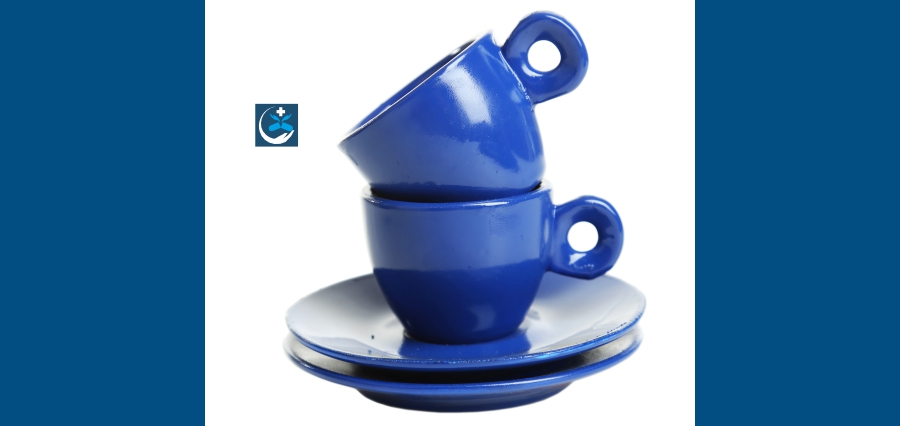Previous research has suggested that the relationship between carbohydrate consumption and cardiovascular disease may be determined by the quality of carbohydrates consumed rather than the quantity, according to a new study published Monday in the journal BMC Medicine.
To test that theory, the new study’s authors examined diet and health data from more than 110,000 people participating in UK Biobank. Between 2006 and 2010, this cohort study collected data from over 503,000 adults in the United Kingdom.
Brief Overview
Participants in the new study completed two to five 24-hour online dietary assessments, logging their food and beverage intake several times every 24 hours. After nine years of follow-up, the researchers discovered a total carbohydrate intake was not associated with cardiovascular disease.
When they looked at outcomes, they discovered that the types and sources of carbohydrates consumed differed. Consuming more sugar was directly linked to cardiovascular disorders and waist circumference risk.
Based on their findings, the authors recommend replacing free sugars with non-free sugars found to reduce your risk of developing cardiovascular disease and eating whole fruits and vegetables, as per nutrition and cardiovascular health experts.
Furthermore, when fiber in whole food carbohydrates passes through the digestive system, it acts as “an internal scrub brush,” according to Adam. “That is why, in general, we require a certain amount of these ‘good carbs’ in our diets to remain healthy.” According to the FDA, total fiber intake should be at least 25 grams daily.
End Note
Suppose you are looking at nutrition labels when shopping is the first step towards reducing your intake of free sugars, according to CNN Medical Analyst Dr. Leana Wen, an emergency physician and public health professor at George Washington University. Wen was not a participant in the study.
Instead of sugary drinks, Aggarwal recommends water sweetened with fruit slices. Instead of cakes, cookies, or ice cream, serve fresh or frozen fruit for dessert. Fiber-rich foods can also help you feel fuller for longer, she concluded.
Read More News: Click Here







